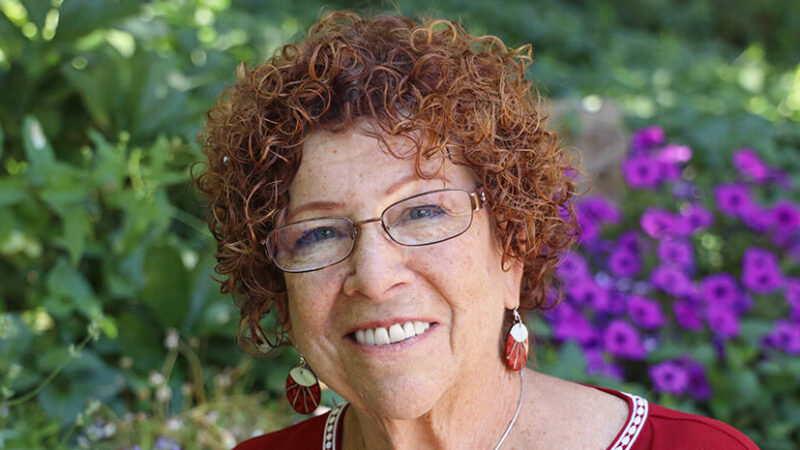Tami Simon speaks with David Frenette, a leader and senior teacher in the Centering Prayer movement, and a friend and advisor of Father Thomas Keating for 30 years. He is a spiritual director, retreat leader, and serves as an adjunct faculty member at Naropa University. With Sounds True, he has published the book The Path of Centering Prayer: Deepening Your Experience of God. In this episode, Tami speaks with David about his apprenticeship with Father Keating in the practice of Centering Prayer, the role of a spiritual father or mother in one’s contemplative life, what he means when he talks about God and the Trinitarian mystery, and the most important contemplative attitude to support a practice of Centering Prayer. (66 minutes)








